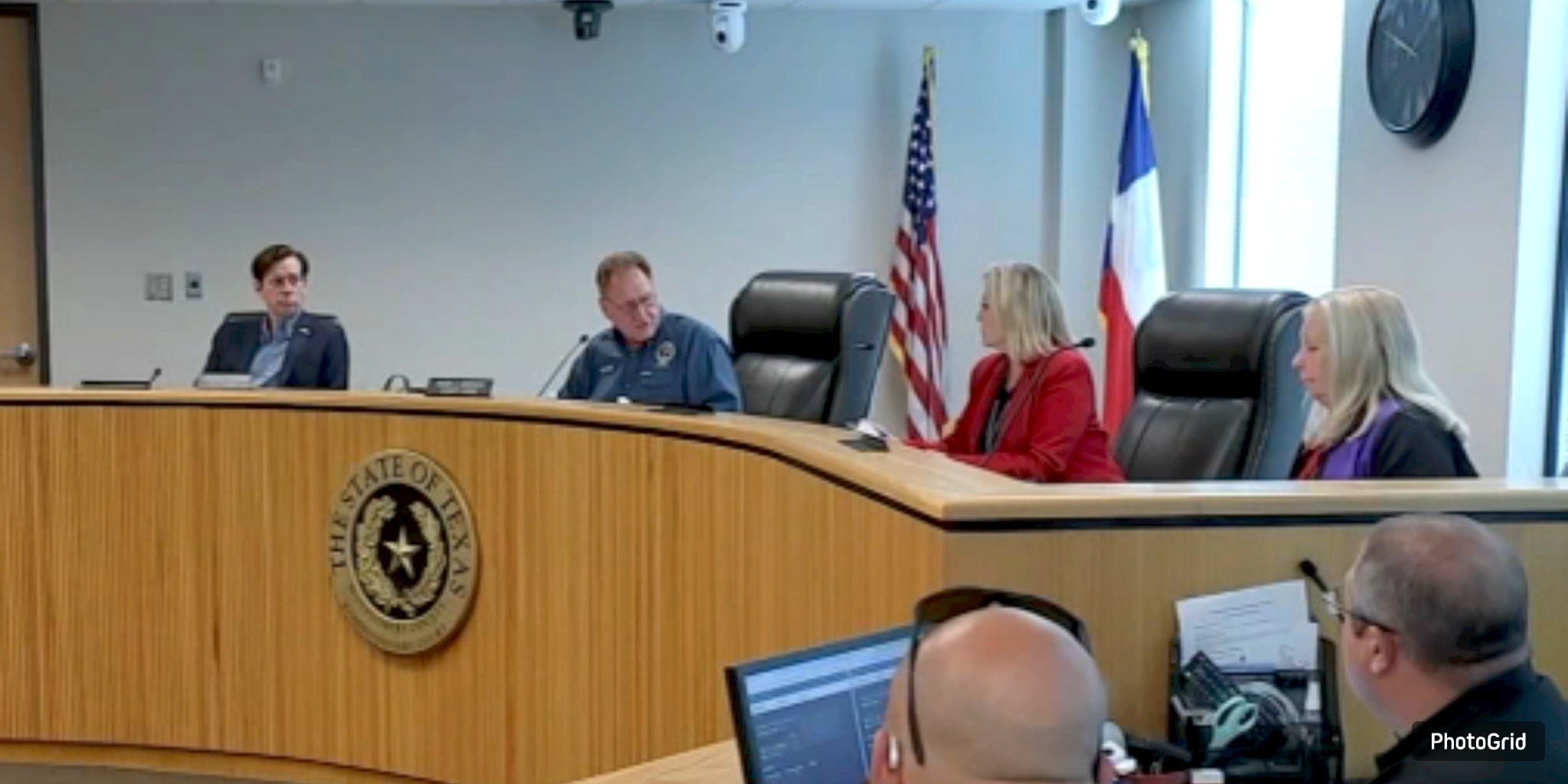Texas students returned to school with a statewide phone ban, new opt-in medical and instruction rules, optional prayer time, potential classroom Ten Commandments posters now tied up in court, expanded teacher discipline authority, and billions more in state funding from the 89th Legislature.

As the 2025-26 academic year begins, Texas public schools are preparing for significant changes, including a new statewide electronics policy, the introduction of parental sign-offs, and an ongoing court battle over Ten Commandments posters. These developments stem from what leaders have described as a “transformative” legislative session that concluded on June 2. In a significant move, lawmakers have approved an additional $8.4 billion in funding for schools.
House Bill 1481 mandates that school districts implement policies prohibiting students from using personal communication devices, such as cellphones and smartwatches, on school property during the school day. Exceptions are allowed for documented medical needs and special education plans. Districts have been allocated 90 days to implement the necessary policies. “The law clearly mandates that personal communication devices must be stored away for the duration of the school day,” stated bill author Rep. Caroline Fairly, R-Amarillo. “The implementation of phone-free schools offers numerous advantages.”
In certain districts, the term “school day” has been interpreted to encompass only class time, permitting usage during lunch and passing periods. This interpretation has drawn criticism from advocates of a more stringent prohibition. “We aim to foster a captivating, distraction-free educational atmosphere while providing students with appropriate chances to connect,” stated a message from Alamo Heights High School to families, as North East ISD’s superintendent referred to the strategy as a “point of convergence.”
A new law, Senate Bill 12, creates a "parental bill of rights" that requires parents to agree before their children can take sex education classes and also needs their permission for students to receive "medical, psychiatric, and psychological treatment" at school. The Texas Education Agency has issued updated guidance, stating that “general caretaking,” which includes actions such as wiping a bloody nose or providing a change of clothes, can occur without the need for active parental consent.
The scope of library oversight has also broadened. Senate Bill 13 empowers parents by granting them access to their child's checkout records, allowing them to impose restrictions on titles available to their child, and enabling them to petition for the establishment of local advisory councils to recommend changes to school library collections. TEA has released guidance for implementation.
House Bill 6 grants educators expanded authority to address ongoing classroom disruptions. This legislation allows for the removal of students who consistently disrupt the learning environment and extends the duration of in-school suspensions. Additionally, the previous restriction on suspending pre-K to second-grade students has been relaxed in cases of "repeated or significant" disruptions. “This legislation reinstates the rights of our educators,” stated Rep. Jeff Leach. TEA has detailed the necessary compliance measures for districts to follow.
In a significant development, Senate Bill 10 mandates that schools showcase donated 16-by-20-inch posters of the Ten Commandments “in a conspicuous place” within each classroom. However, on August 20, a federal judge intervened, temporarily halting the implementation of this requirement in 11 districts as legal proceedings continue. Attorney General Ken Paxton has taken action by filing an appeal and instructing other districts to adhere to the directive.
Two measures concerning religion complete the recent changes: Senate Bill 11 permits districts to allocate time for voluntary prayer or religious text reading by students and staff, provided there is signed consent, while Senate Bill 965 safeguards employees' rights to engage in religious speech or prayer during work hours, with specific restrictions in place.
In a crucial move, House Bill 2 allocates approximately $8.4 billion for public school funding over the next two years. This legislation includes notable salary increases for educators and support staff, as well as new financial provisions designed to enhance flexibility for school districts.

Montgomery County commissioners reviewed progress on the $480 million 2025 road bond program and postponed a decision on forming several ad hoc committees to assist with budget planning during their Feb. 26 meeting.